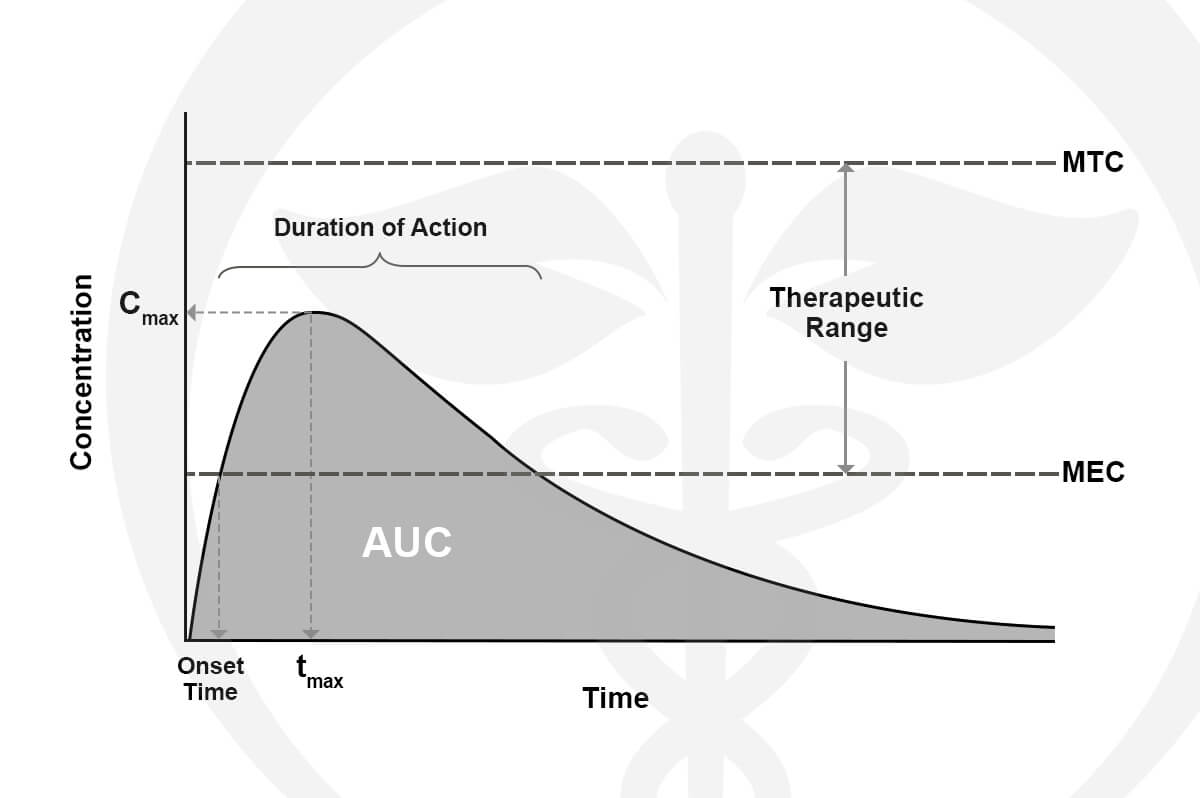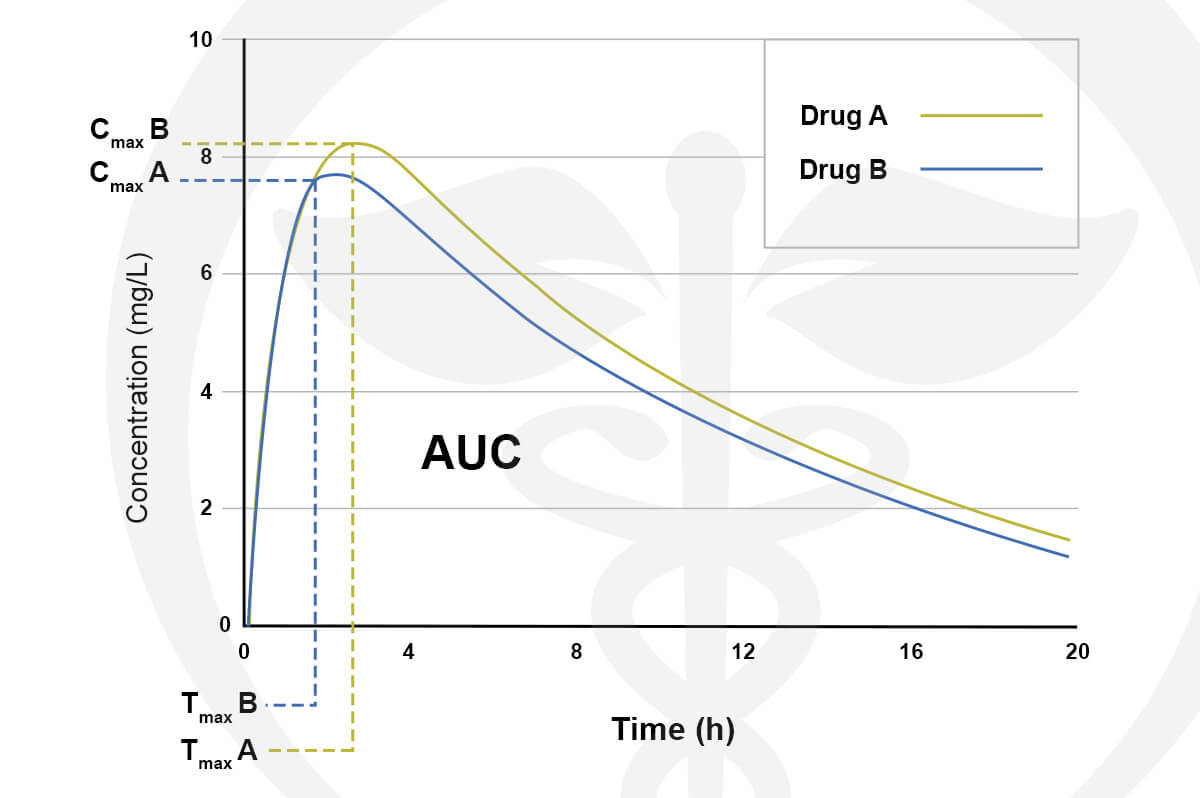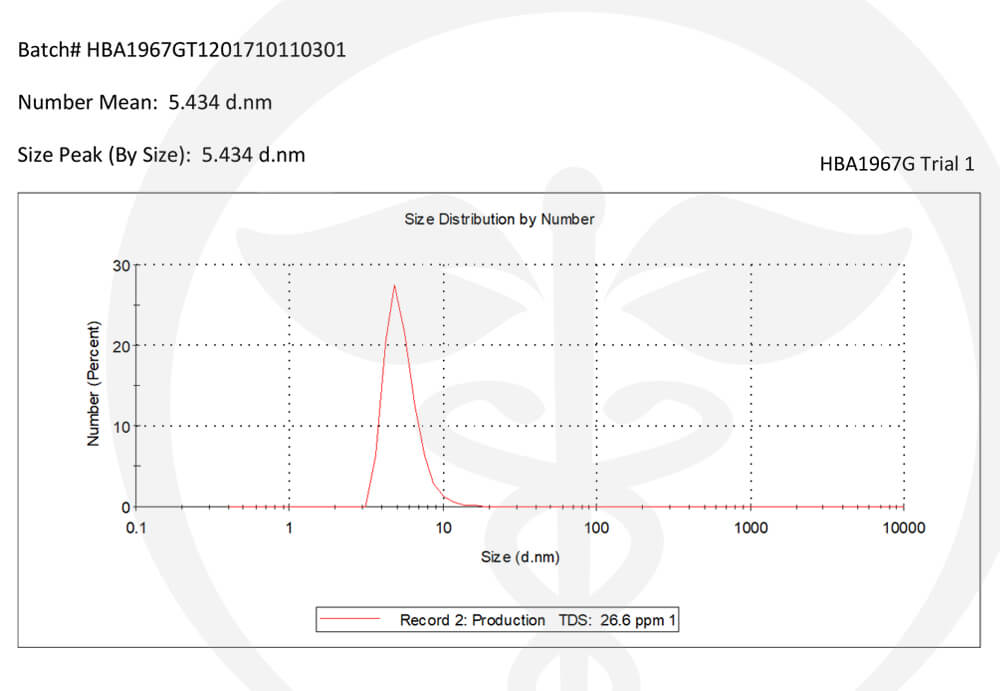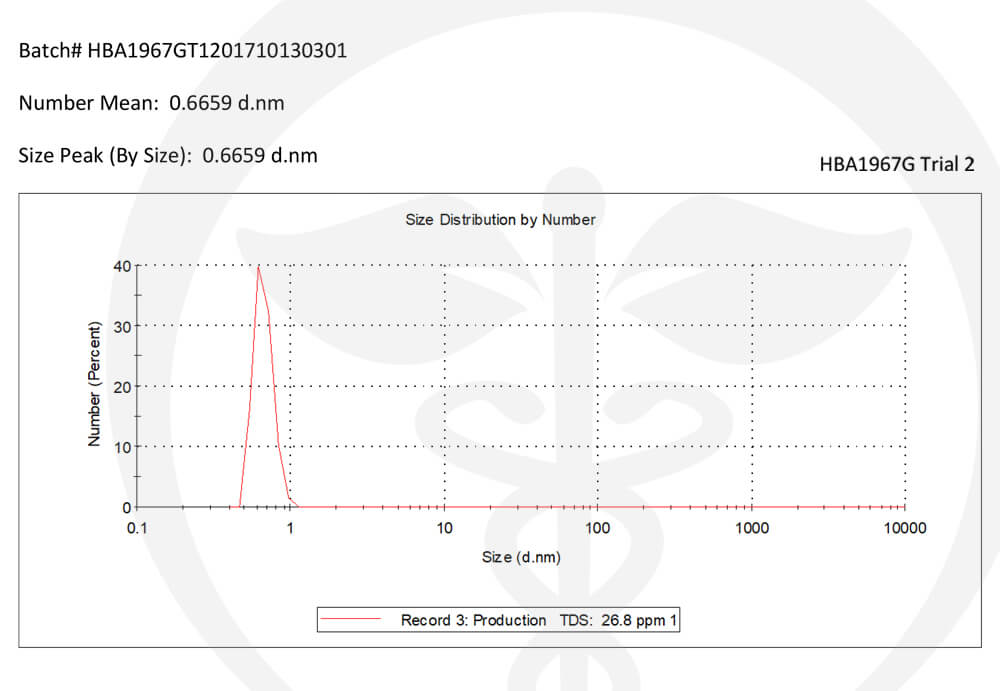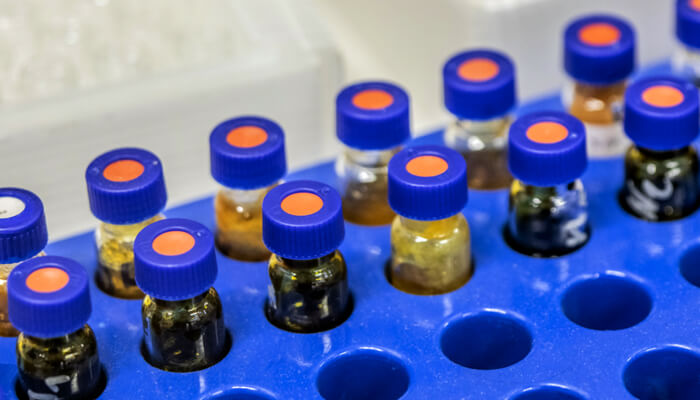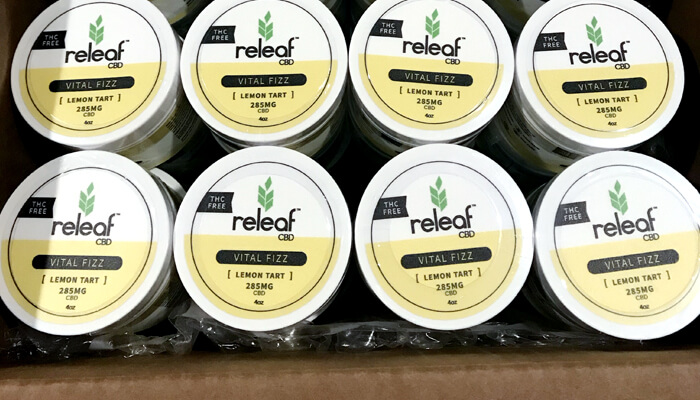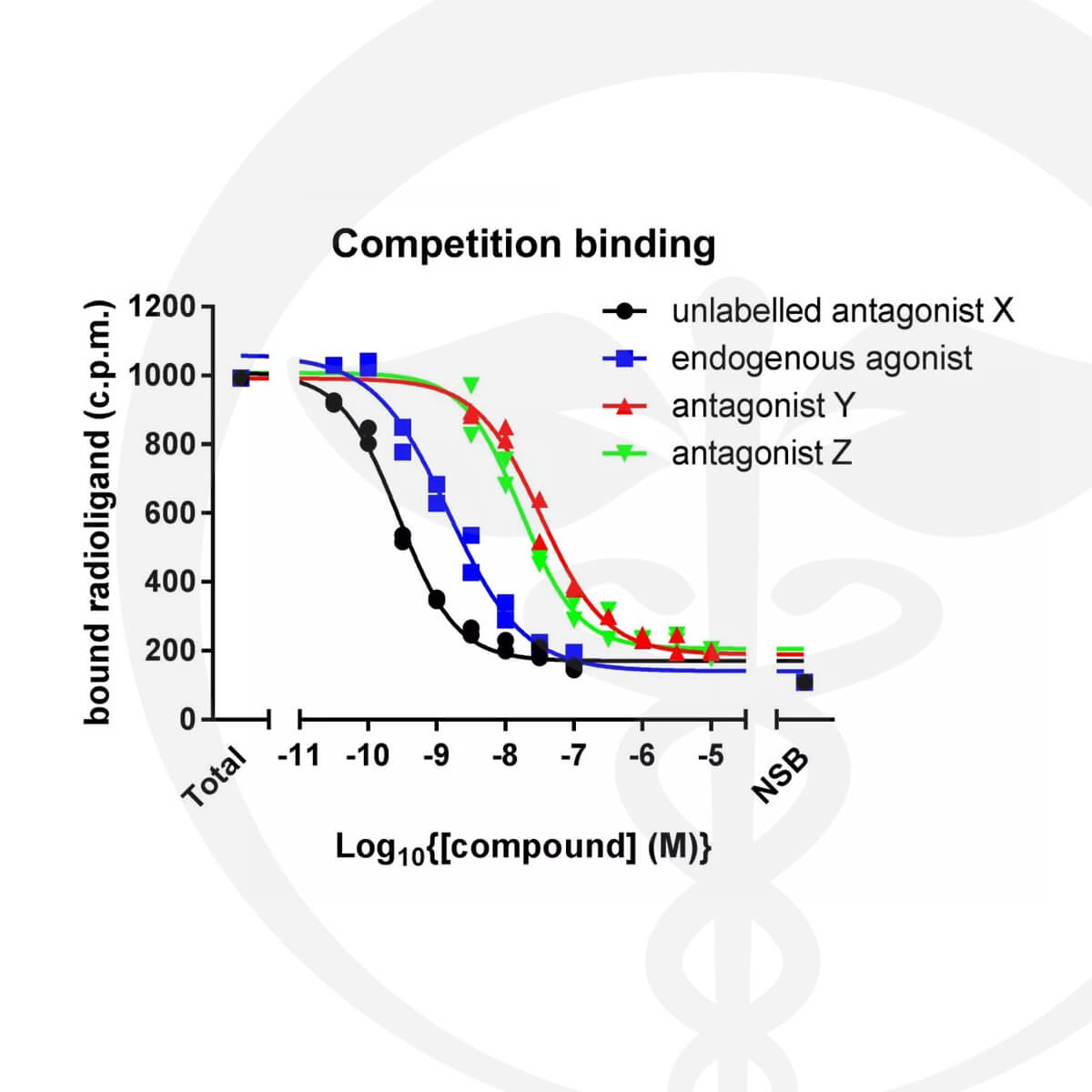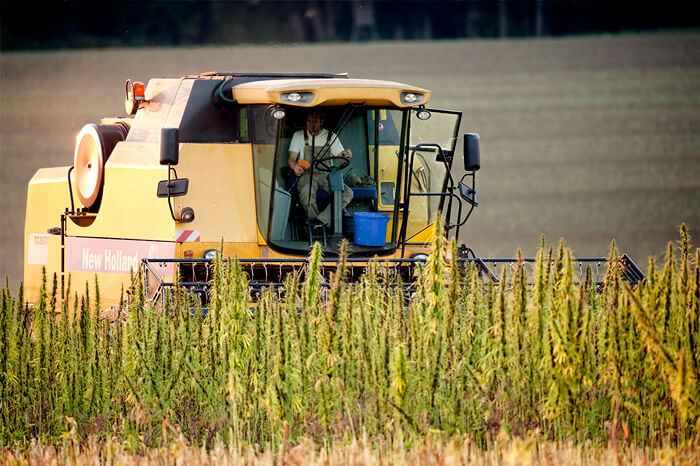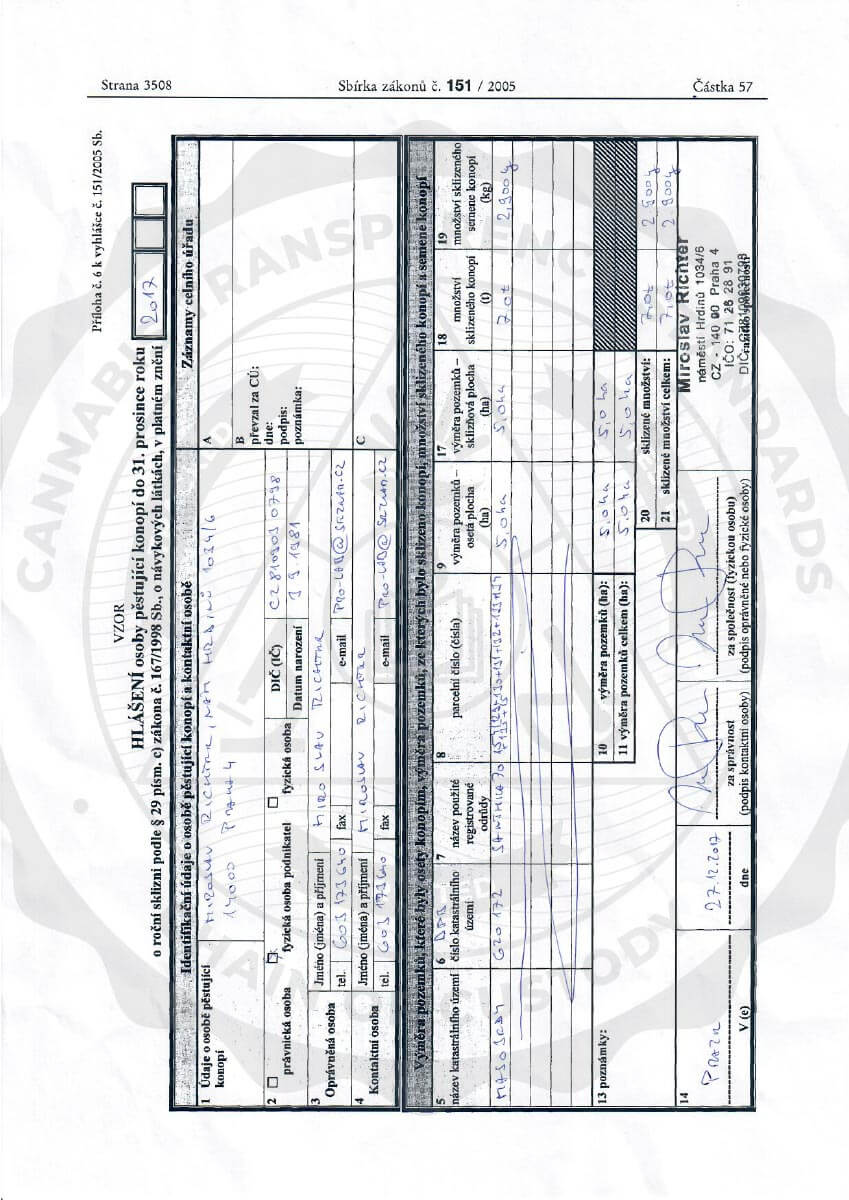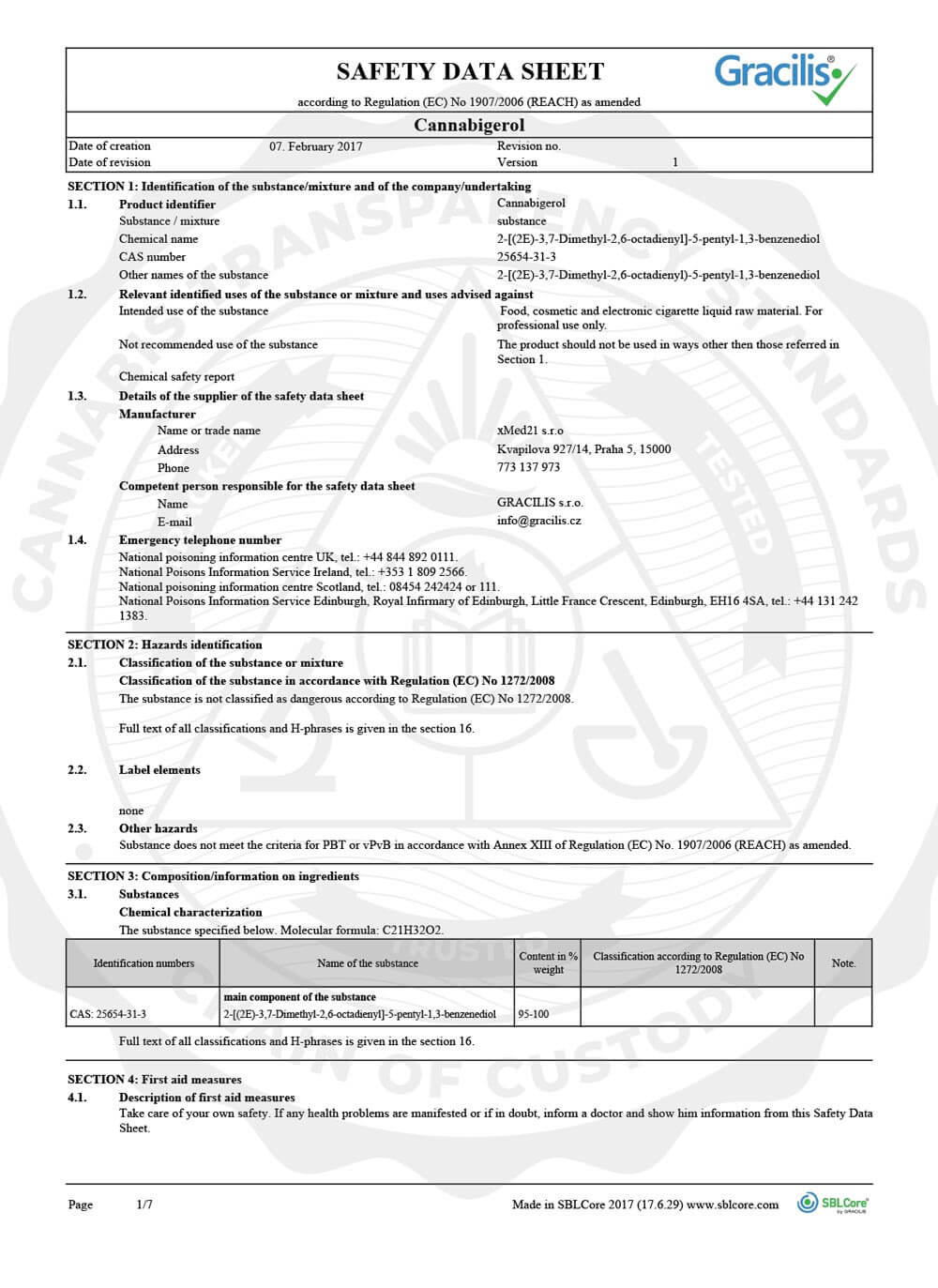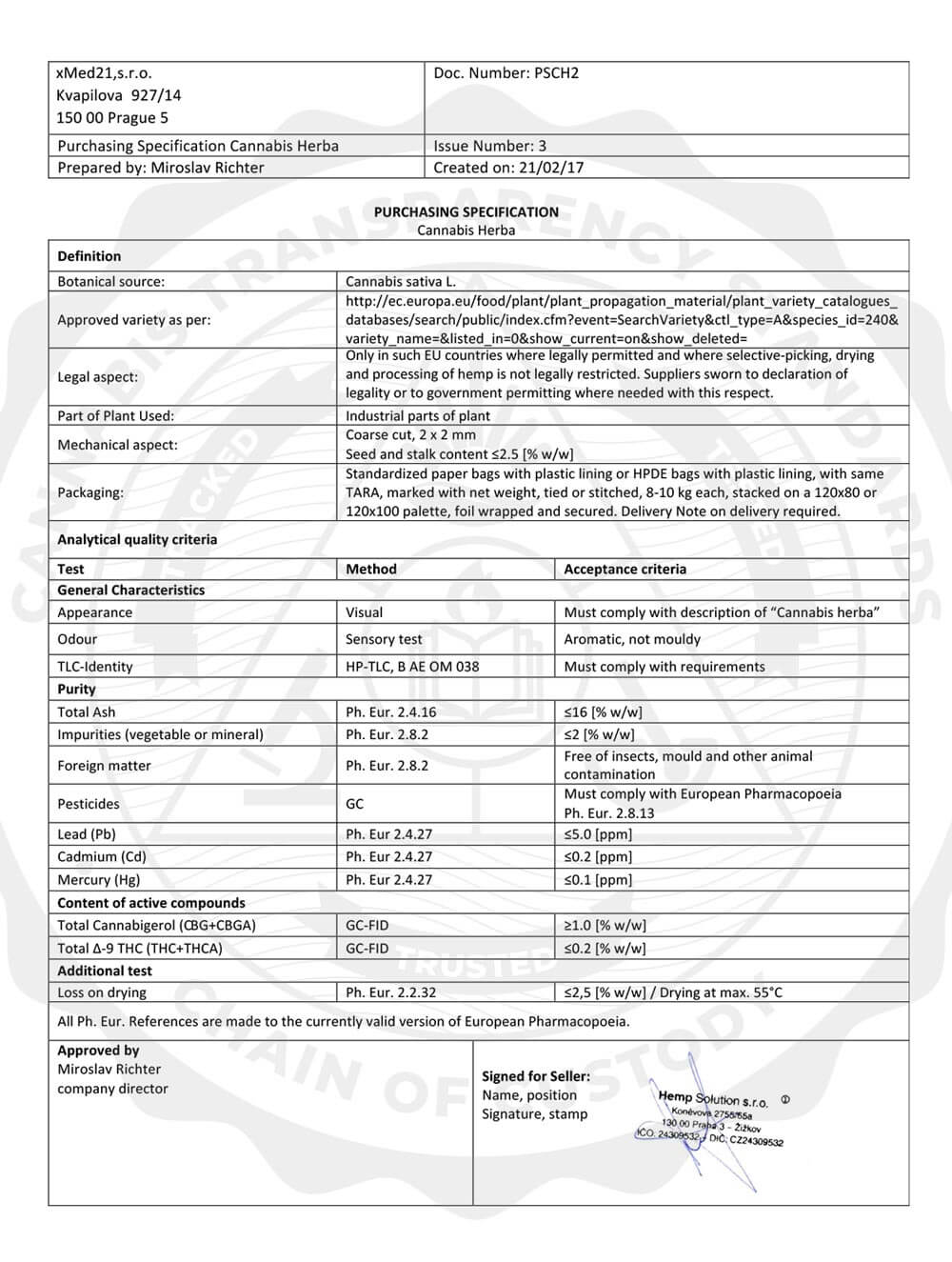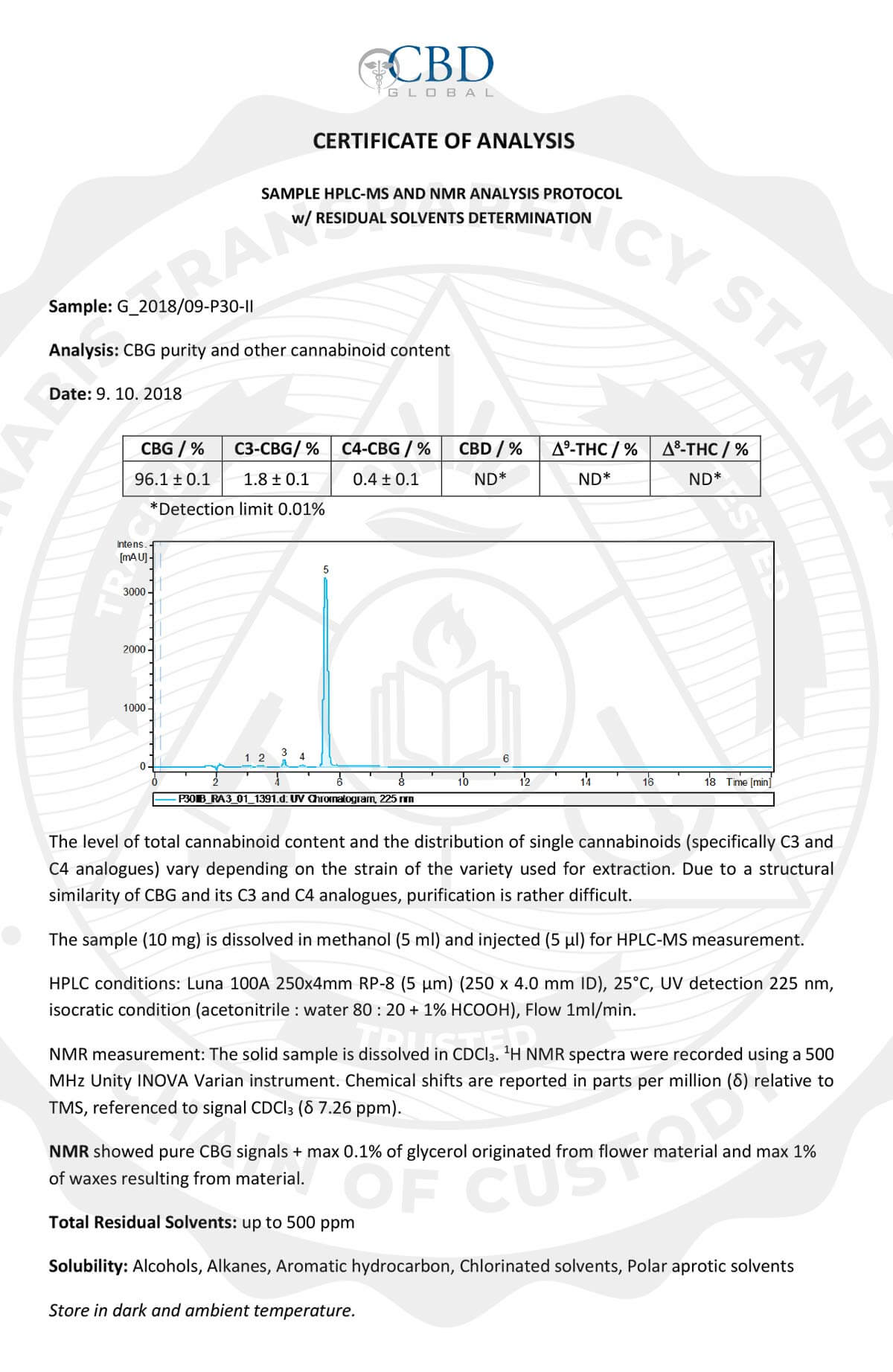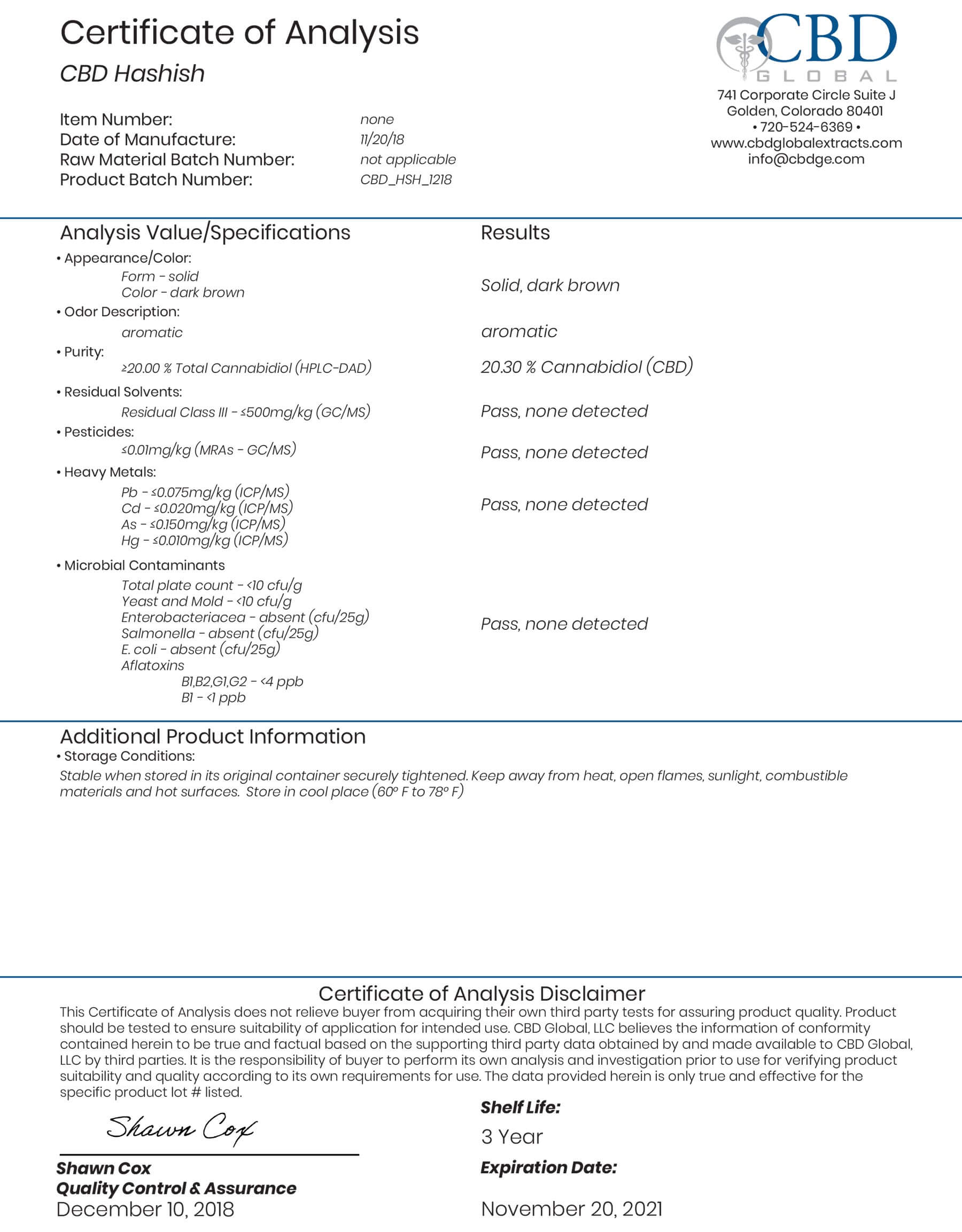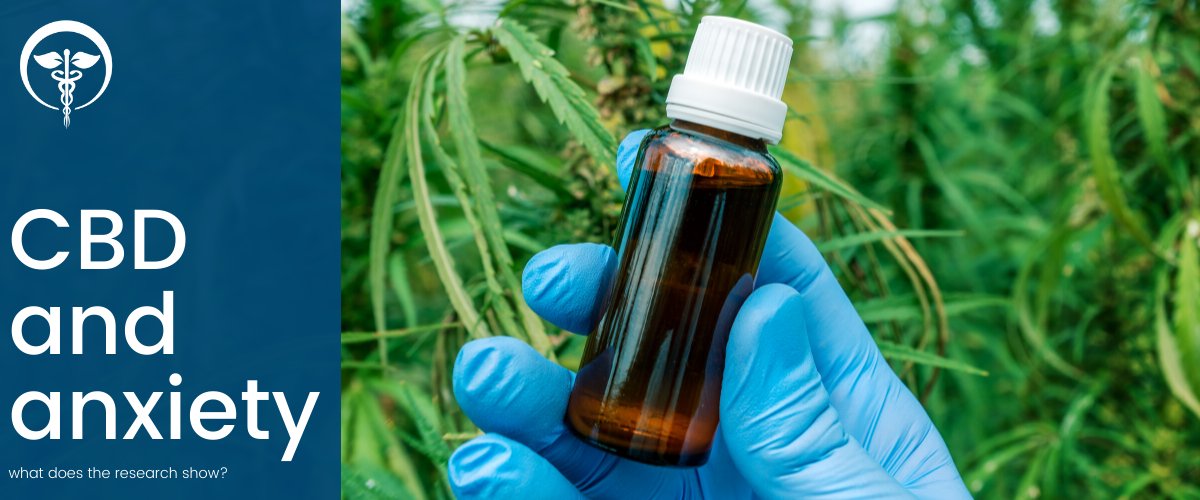
Anxiety disorders are among the most commonly reported mental illnesses in the United States. Forty million adults report experiencing some form of anxiety, according to the Anxiety and Depression Association of America [1]. Children can also experience anxiety, and the CDC reports that from 2007 to 2012, the percentage of children aged 6-17 with diagnosed anxiety increased from 5.5% to 6.4% [2].
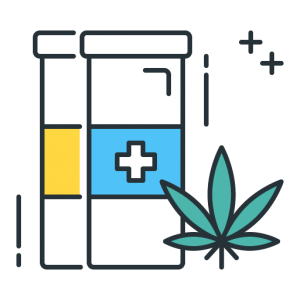 Anxiety can be debilitating and seriously affect both your health and overall quality of life. The symptoms can include fear, excessive worry, fatigue, insomnia, nausea, and poor concentration. With such symptoms, anxiety has significant links to a range of comorbidities.
Anxiety can be debilitating and seriously affect both your health and overall quality of life. The symptoms can include fear, excessive worry, fatigue, insomnia, nausea, and poor concentration. With such symptoms, anxiety has significant links to a range of comorbidities.
People with an anxiety disorder are three to five times more likely to require a doctor’s visit [3]. Anxiety disorders are also closely linked to other mental health disorders, including obsessive-compulsive disorder (OCD) and post-traumatic stress disorder (PTSD) [4].
Recently, CBD has been gaining traction as a way to help those suffering from anxiety disorders, but what does the research show about CBD and anxiety? Could you manage your anxiety with CBD products?
CBD and anxiety
While you may not immediately think that a mind-altering substance like cannabis would have beneficial effects on anxiety, CBD is one of many cannabinoids found in cannabis that may indeed help. CBD interacts with the endocannabinoid system (ECS) much differently than its counterpart THC. Unlike THC, consuming CBD is non-intoxicating and does not get you high.
CBD has grown in popularity in recent years because of its many health-boosting properties, and CBD’s anxiolytic action is certainly gaining attention. A 2019 Gallup poll found that 14% of Americans use CBD products, and 20% of those users consume CBD for their anxiety [5].
How does CBD reduce anxiety?
![]() CBD can induce a range of effects that occur when it binds to or interacts with certain receptors in the body. For example, serotonin is an important hormone for mood regulation and is often used to help treat anxiety disorders. CBD may hold an anxiolytic effect due to its interaction with the 5-HT1A serotonin receptor [6]. By activating this receptor, CBD can initiate serotonin production and increase serotonin levels [7]. This reaction could potentially reduce some of the symptoms of anxiety.
CBD can induce a range of effects that occur when it binds to or interacts with certain receptors in the body. For example, serotonin is an important hormone for mood regulation and is often used to help treat anxiety disorders. CBD may hold an anxiolytic effect due to its interaction with the 5-HT1A serotonin receptor [6]. By activating this receptor, CBD can initiate serotonin production and increase serotonin levels [7]. This reaction could potentially reduce some of the symptoms of anxiety.
Cortisol is another hormone that may play an important role in CBD’s anti-anxiety effects. Cortisol is a stress hormone that is found in elevated levels in patients with mood disorders like depression and anxiety [8]. For patients with anxiety, CBD has demonstrated the potential ability to significantly decrease cortisol secretion [9].
Research on CBD and anxiety
While the exact mechanisms of action are not fully understood, CBD has demonstrated potential anxiolytic activity in a range of studies.
One mouse model study gave either CBD or an antidepressant to mice to investigate CBD’s effects on anxiety [10]. Mice in the study had symptoms of anxiety, and the results found that CBD had an anxiolytic effect that was comparable to the effects of the given antidepressant. An additional test group in this study was given a treatment that blocked the serotonin receptors 5-HT1A before CBD treatment. The results showed that when the serotonin receptors were blocked, the anti-anxiety effects of CBD were also blocked. This part of the study gives further validity that some of the anxiolytic effects of CBD likely occur through the activation of serotonin receptors like 5-HT1A.
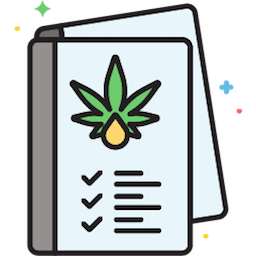 But it’s not just animal studies that have demonstrated CBD’s potential as an anxiolytic. A 2011 study looked into CBD’s effects on anxiety and overall cognitive functioning [11]. Participants in the study had a social anxiety disorder and were given CBD before undergoing a public speaking test. The study exhibited evidence that the participants who were on a CBD regimen showed reduced levels of anxiety, reduced cognitive impairment, and an improvement in public speaking discomfort. Anxiety levels were measured through a reported mood scale and through physiological measures such as blood pressure and heart rate. While this study is small in size, it highlights that CBD may improve some of the symptoms of anxiety.
But it’s not just animal studies that have demonstrated CBD’s potential as an anxiolytic. A 2011 study looked into CBD’s effects on anxiety and overall cognitive functioning [11]. Participants in the study had a social anxiety disorder and were given CBD before undergoing a public speaking test. The study exhibited evidence that the participants who were on a CBD regimen showed reduced levels of anxiety, reduced cognitive impairment, and an improvement in public speaking discomfort. Anxiety levels were measured through a reported mood scale and through physiological measures such as blood pressure and heart rate. While this study is small in size, it highlights that CBD may improve some of the symptoms of anxiety.
A recent 2019 study also found that CBD may hold significant anxiolytic effects [12]. The double-blind study administered CBD oil to teenagers with social anxiety disorders. The results demonstrated that CBD could significantly decrease anxiety symptoms.
Terpenes that boost CBD’s anti-anxiety effects
 Terpenes are another active compound found in cannabis and are known to have a significant impact on mood. Over 100 terpenes have been found in cannabis, with many of them able to have a positive impact on mood and some symptoms of anxiety. Adding the right blend of terpenes to your CBD could boost its anti-anxiety effects.
Terpenes are another active compound found in cannabis and are known to have a significant impact on mood. Over 100 terpenes have been found in cannabis, with many of them able to have a positive impact on mood and some symptoms of anxiety. Adding the right blend of terpenes to your CBD could boost its anti-anxiety effects.
For example, the terpene limonene has shown significant anxiolytic properties. Limonene is found in citrus fruits, as well as cannabis. One mouse study found that limonene inhalation induced an anxiolytic-like effect on mice undergoing a stress test [13]. While more research is needed, it is a positive indication that limonene may be able to boost the anxiolytic-like effects of CBD.
Linalool is another terpene to look for if you want to add some anxiolytic terpenes to your CBD formula. Linalool is found in some flowers, spice plants, and certain cannabis strains. It may improve the anti-anxiety qualities of your CBD blend because of its potential to reduce stress levels and improve behavior. Linalool’s anti-anxiety effects, like CBD, are thought to occur through its ability to release serotonin and reduce cortisol levels, both important hormones in anxiety management [14].
Natural alternatives to pharmaceuticals
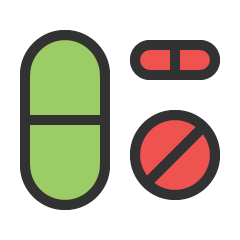
CBD’s potential anti-anxiety effects are especially exciting when you consider the serious effects of the current medication used to treat anxiety. The FDA released a warning in 2004 that antidepressants used in patients under 25 may lead to an increased risk of suicidal thinking and behavior [15].
The dangerous side effects and addictive qualities of traditional pharmaceuticals known to treat anxiety, motivate consumers to look for natural alternatives. According to a World Health Organization report, CBD is well tolerated and considered safe in humans (and animals), as it is not associated with any negative public health effects [PDF]. While more research is encouraged to establish just how effective CBD might be as an anti-anxiety treatment, early studies are promising and offer a potential future alternative to typical anxiety medications.
Formulating cannabinoid products that target anxiety
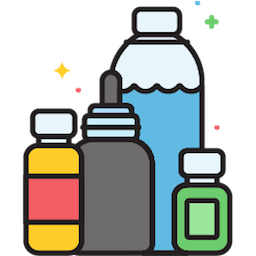 The symptoms of anxiety can be debilitating, and with the large number of adults in America suffering from anxiety, safe and effective treatments are needed by many.
The symptoms of anxiety can be debilitating, and with the large number of adults in America suffering from anxiety, safe and effective treatments are needed by many.
CBD has shown much potential because of its suggested ability to increase serotonin and decrease cortisol levels. CBD has also shown promising anxiolytic results in both animal and clinical studies. As more research accumulates and information on CBD’s efficacy comes to the forefront, many pharmaceutical, nutraceutical, and cannabis manufacturers are looking to CBD as an ingredient to formulate products that support stress and anxiety.
Knowing each cannabinoid holds its own set of therapeutic benefits, CBD Global offers manufacturers the ability to formulate cannabinoids and terpenes at specific concentrated ratios for targeted needs enabling standardized formulations for unique patient demographics.
To go beyond full spectrum ambiguity and design cannabinoid products for real efficacy fill out our wholesale form by clicking here or email us at info@cbdge.com.
References
- https://adaa.org/about-adaa/press-room/facts-statistics
- https://www.cdc.gov/childrensmentalhealth/features/anxiety-depression-children.html
- https://adaa.org/about-adaa/press-room/facts-statistics
- https://pubmed.ncbi.nlm.nih.gov/28867937/
- https://pubmed.ncbi.nlm.nih.gov/28867937/
- https://pubmed.ncbi.nlm.nih.gov/29265105/
- https://pubmed.ncbi.nlm.nih.gov/26711860/
- https://www.ncbi.nlm.nih.gov/pmc/articles/PMC3424606/
- https://pubmed.ncbi.nlm.nih.gov/8257923/
- https://www.ncbi.nlm.nih.gov/pmc/articles/PMC2823358/
- https://www.ncbi.nlm.nih.gov/pmc/articles/PMC3079847/
- https://www.frontiersin.org/articles/10.3389/fpsyg.2019.02466/full
- https://pubmed.ncbi.nlm.nih.gov/22995322/
- https://pubmed.ncbi.nlm.nih.gov/29915164/
- https://www.fda.gov/media/77404/download



